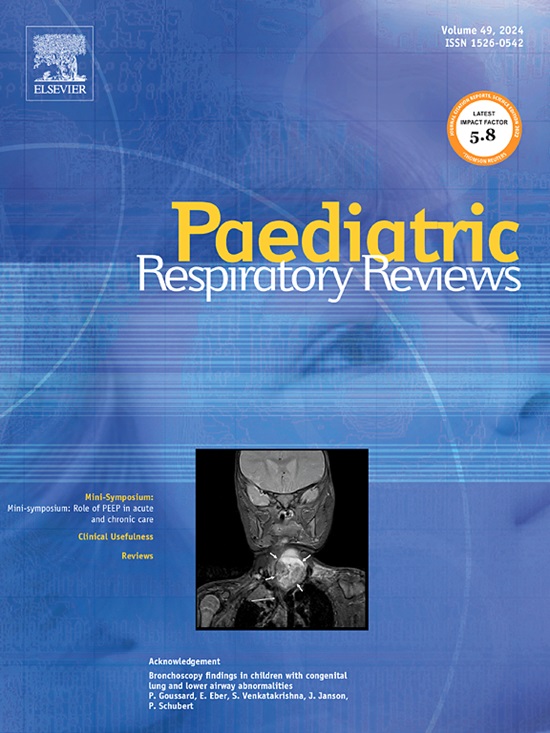Exploring the complexity of cystic fibrosis (CF) and psychosocial wellbeing in the 2020s: Current and future challenges
IF 4
3区 医学
Q1 PEDIATRICS
引用次数: 0
Abstract
Cystic fibrosis (CF) is traditionally associated with considerable and progressive multisystem pathology, onerous treatment burden, complex psychosocial challenges, and reduced life-expectancy [1], [2], [3], [4], [5], [6], [7], [8], [9].This decade has seen transformative change in management for many, but not all, people with CF. The most notable change comes from Cystic Fibrosis Transmembrane Receptor (CFTR) modulators, which bring significant benefits for people who are eligible for, and able to access, them [10]. However alongside, or perhaps because of, this exciting progress, the past few years have also brought important novel challenges to the psychosocial wellbeing of people with CF.
This article, written as a collaboration between CF psychologists, social workers, physicians and nurses aims to provide an accessible overview of the novel psychosocial challenges now faced by children, their families, and adults with CF, and to invite consideration of their changing psychosocial requirements to inform future holistic care. Themes include geopolitical stressors such as the pandemic and its wake, a growing divide between those able or unable to access CFTR modulators, potential rapid changes in life expectancy secondary to these drugs and the inevitable associated challenges this brings; evolving body image, mental health side effects of CFTR modulators, the challenges of adherence in apparently well children and young adults, as well as the diagnostic conundrum and associated anxiety of the cystic fibrosis screen positive inconclusive diagnosis (CFSPID) label. It also highlights some unmet research and service delivery needs in the area.
探讨 2020 年代囊性纤维化(CF)和社会心理健康的复杂性:当前和未来的挑战
囊性纤维化(CF)历来与严重的进行性多系统病变、繁重的治疗负担、复杂的社会心理挑战和预期寿命缩短有关。最显著的变化来自囊性纤维化跨膜受体(CFTR)调节剂,它为有资格和有能力使用这些药物的患者带来了巨大的益处。然而,在取得这些令人振奋的进展的同时,或者说正因为取得了这些进展,过去几年也给 CF 患者的社会心理健康带来了新的重大挑战。
本文章由计算机程序翻译,如有差异,请以英文原文为准。
求助全文
约1分钟内获得全文
求助全文
来源期刊

Paediatric Respiratory Reviews
医学-呼吸系统
CiteScore
12.50
自引率
0.00%
发文量
40
审稿时长
23 days
期刊介绍:
Paediatric Respiratory Reviews offers authors the opportunity to submit their own editorials, educational reviews and short communications on topics relevant to paediatric respiratory medicine. These peer reviewed contributions will complement the commissioned reviews which will continue to form an integral part of the journal.
Subjects covered include:
• Epidemiology
• Immunology and cell biology
• Physiology
• Occupational disorders
• The role of allergens and pollutants
A particular emphasis is given to the recommendation of "best practice" for primary care physicians and paediatricians.
Paediatric Respiratory Reviews is aimed at general paediatricians but it should also be read by specialist paediatric physicians and nurses, respiratory physicians and general practitioners.
It is a journal for those who are busy and do not have time to read systematically through literature, but who need to stay up to date in the field of paediatric respiratory and sleep medicine.
 求助内容:
求助内容: 应助结果提醒方式:
应助结果提醒方式:


